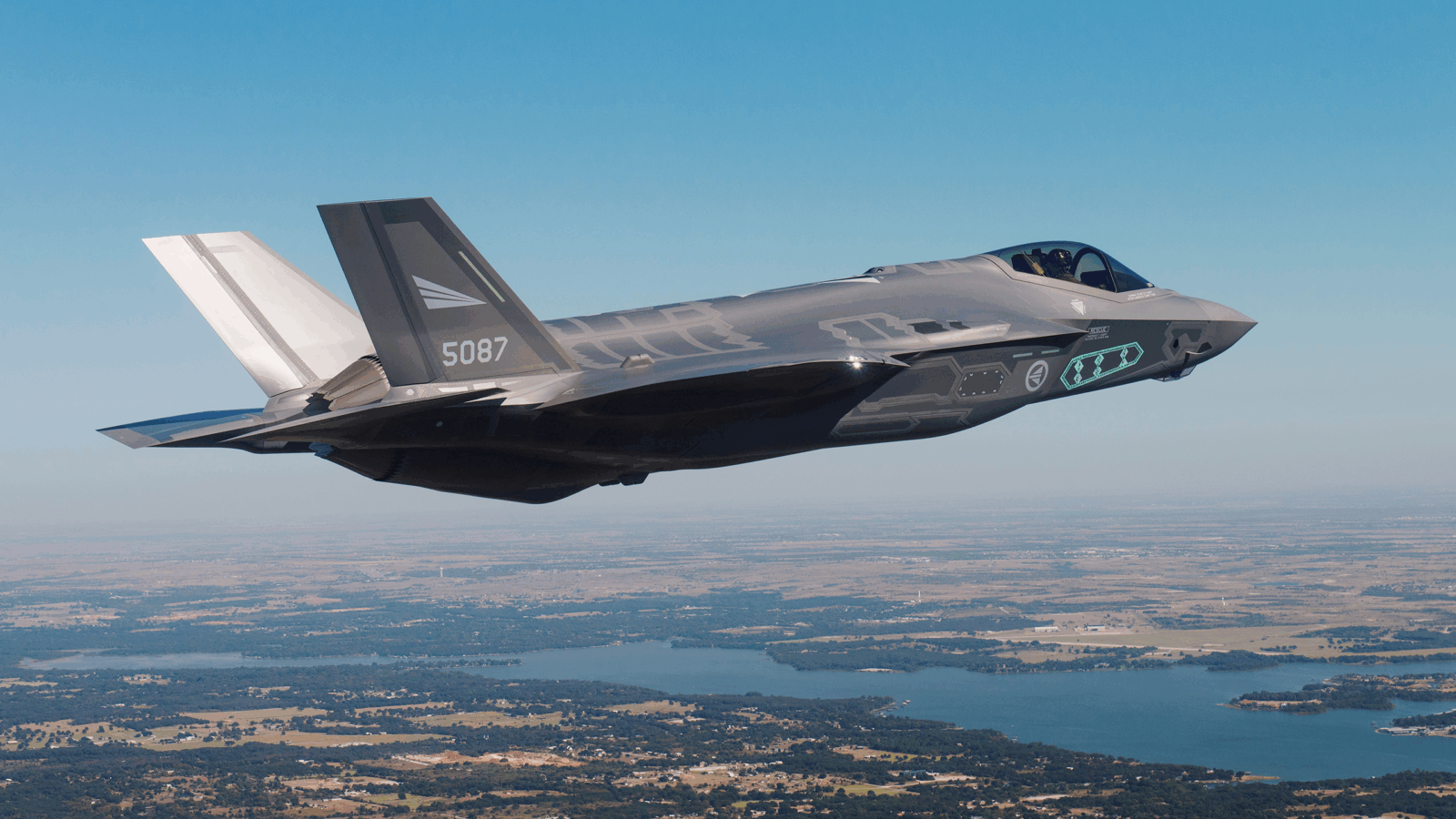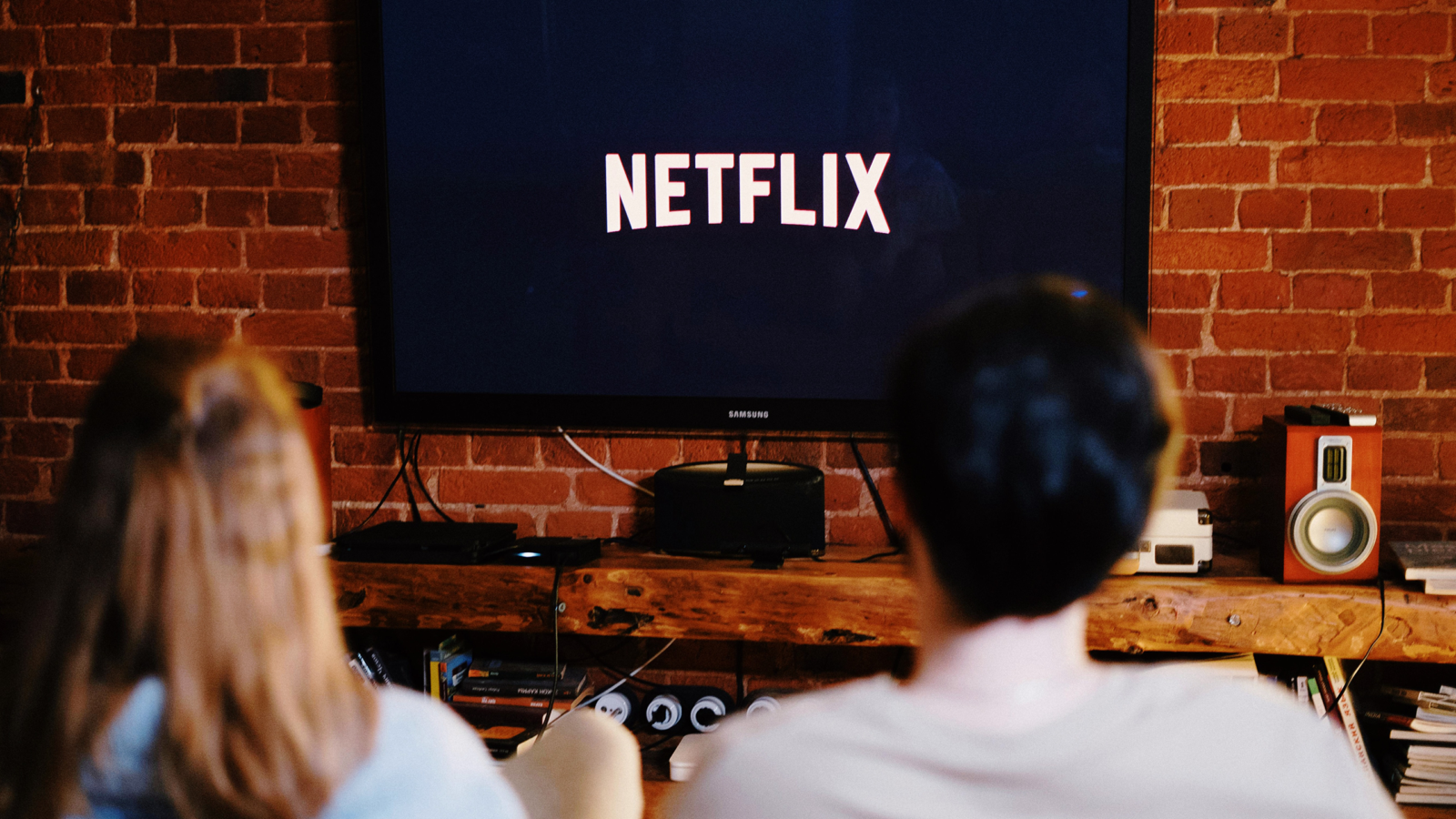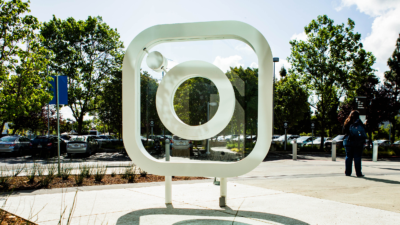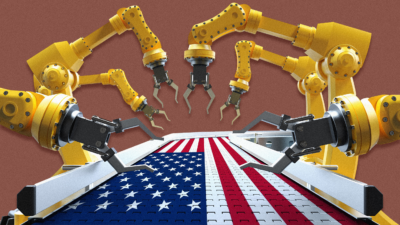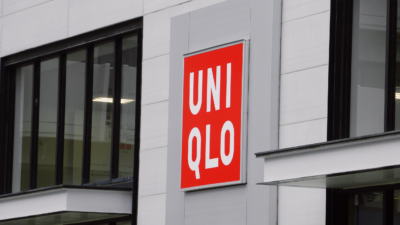US Considers Slashing Drug Prices to Match Cheaper Costs Abroad
US President Donald Trump is reportedly considering linking prescription drug prices to their price tags in other developed nations.
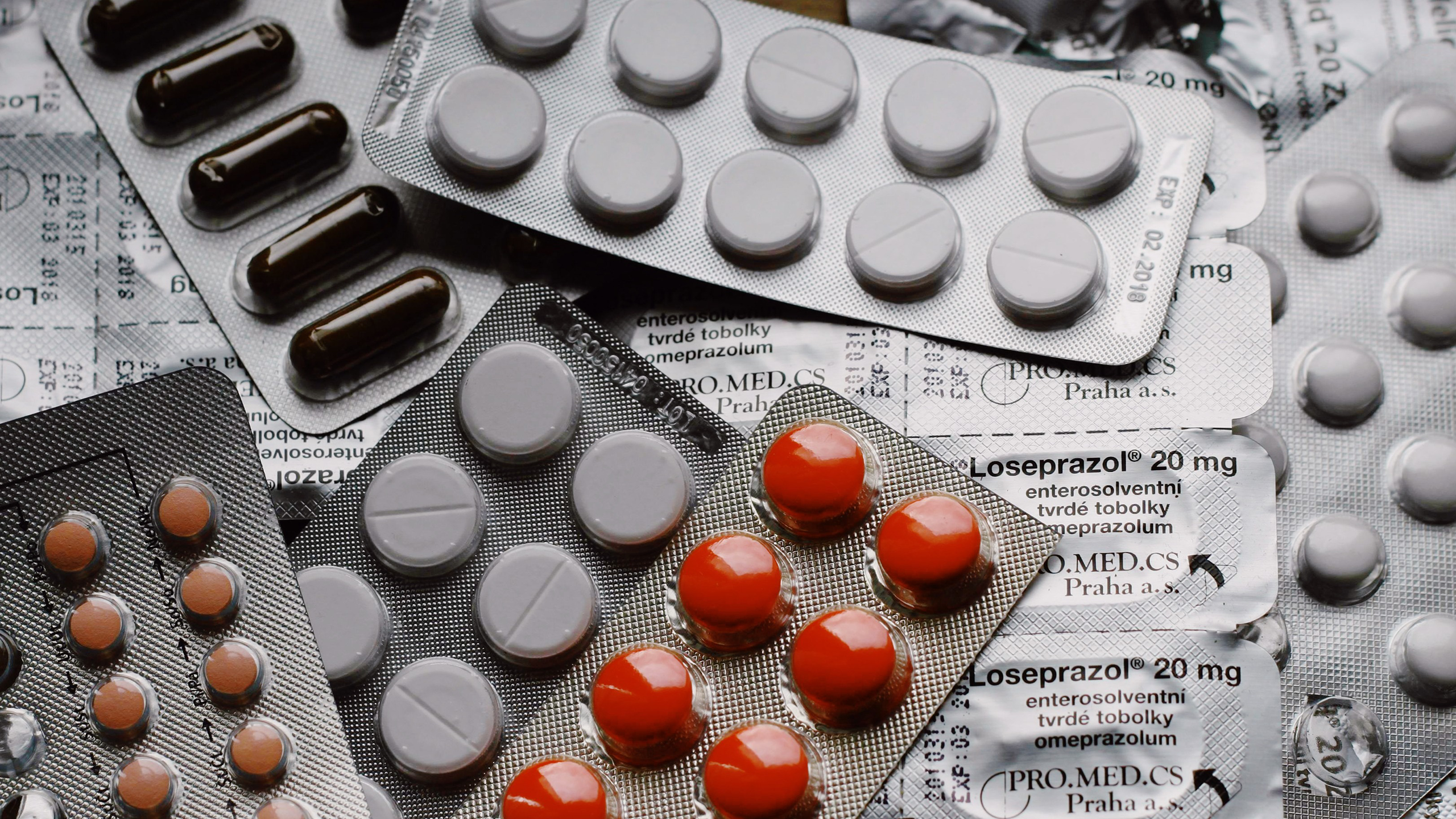
Sign up for smart news, insights, and analysis on the biggest financial stories of the day.
After ripping up trade norms, why not rip up some price tags?
A week after President Trump signed an executive order calling for lower drug prices, his administration is exploring the idea of linking the cost of US treatments to cheaper prices in other developed countries, two industry sources who were informed of the government’s plans told Reuters. It’s part of a host of ideas being considered by the administration that could send drug prices up or down.
Pricing Peril
The fact that Americans pay more for drug prescriptions and treatments than residents of other developed countries is no secret: Prescription drugs cost 2.8 times more in the US than in 33 other nations, a report by RAND Health Care found last year. Brand-name drugs were even pricier, costing 4.2 times more.
Trump has said he wants to remedy the situation but has yet to lay out full plans publicly. The different options his administration has teased, in the meantime, could help or hurt both consumers and Big Pharma.
For example, the Commerce Department launched a national security probe on the risks of importing drugs and pharmaceutical ingredients last week, which could set the stage for tariffs. Tariffs would raise the price of drugs for consumers: As ING analysts note, generic drugs accounted for 91% of US prescriptions in 2022 and roughly 70% of the active pharmaceutical ingredients for generic drugs originate in China. The bank also noted that generics are made at half the margins of brand-name drugs, meaning they will struggle to absorb tariff costs. Then there’s a change to Medicare drug price negotiation rules that Trump directed the Department of Health and Human Services to pursue with Congress:
- Currently, biologics such as vaccines are exempt from price negotiation for 13 years following regulatory approval, compared with only nine years for small-molecule drugs delivered in pill or tablet form. Drugmakers call this the “pill penalty” because it discourages them from developing small-molecule drugs, even though they’re cheaper and more widely used.
- Trump’s executive order last week called for an end to the “pill penalty” — health policy researchers at KFF said if the negotiation exemption for small-molecule drugs was broadened to 13 years, it “would come at a cost to Medicare and beneficiaries by giving drug companies four additional years of setting their own prices.”
Consumer Savings or “Existential Threat”: It isn’t clear how the cost of US drugs would be linked to foreign prices, but it is clear that the US pharma industry is sweating bullets about what all this would do to its bottom line. One of the industry sources who spoke to Reuters called linking US drug prices to those abroad an “existential threat to the industry and US biosciences innovation.”
